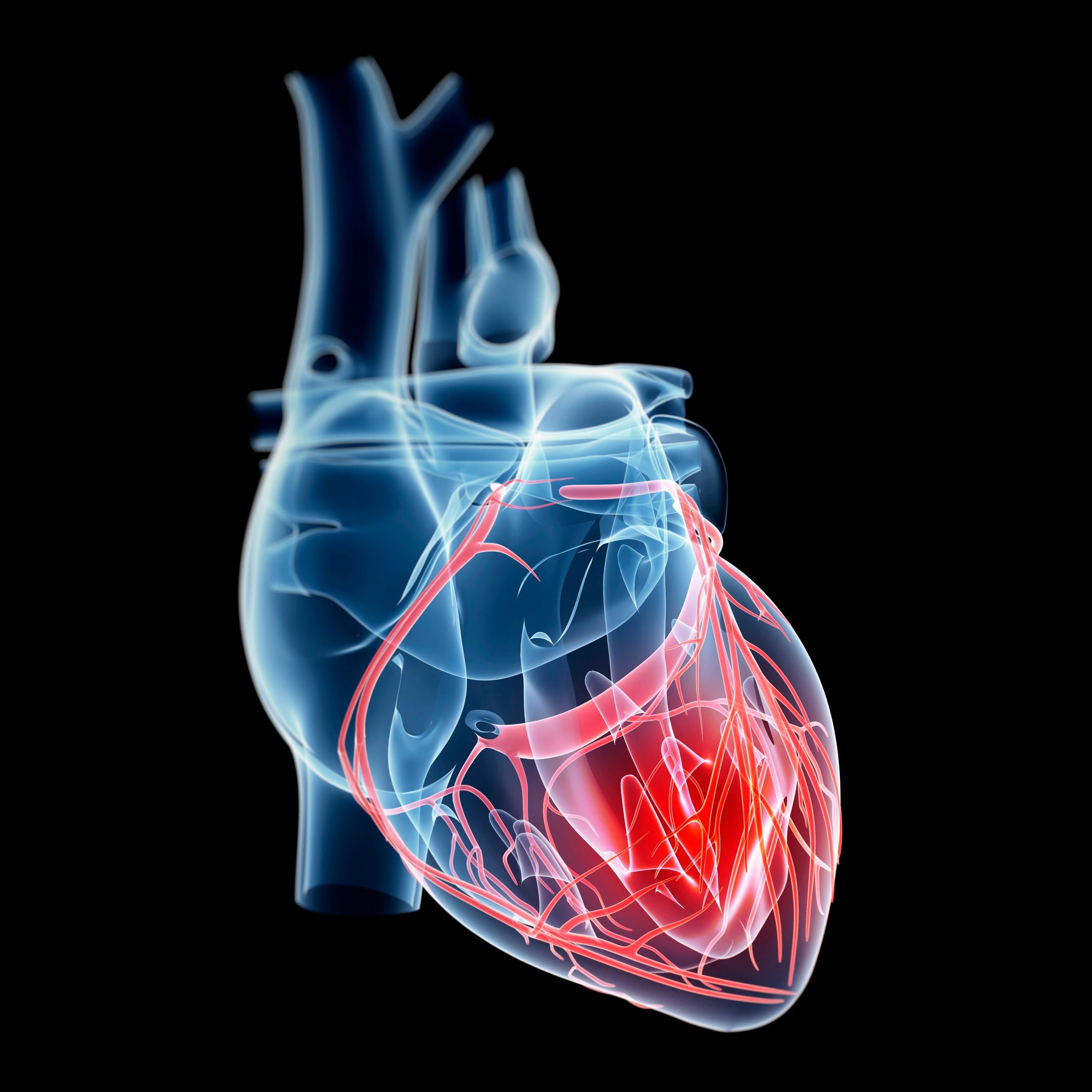
Doctors and drug companies don’t like to report negative results, but when it comes to medications that raise HDL, or good cholesterol levels, they’re getting used it.
In a presentation at the American College of Cardiology, researchers report that the latest study involving such a drug, made by Eli Lilly, didn’t seem to reduce heart disease events.
The study involved an experimental drug called evacetrapib, the third drug of its class designed to raise HDL levels. In studies, people with higher HDL levels tend to have lower rates of heart disease; exercise also raises HDL, and heart doctors believe that HDL can counteract the build-up of harmful cholesterol in heart vessels.
More than 12,000 people at high risk of heart disease—most of whom were overweight or obese, had high blood pressure, had diabetes or had experienced a heart event—were randomly assigned to take evacetrapib or placebo and were followed for 1.5 years. The drug significantly increased HDL levels in people who took it, by about 130%, and lowered LDL by 37%. But a year after starting the drug, there was little difference in the number of heart events between the two groups. That prompted the company and the researchers conducting the trial to stop the study early. Lilly also decided to stop developing the drug.
“This drug did all the right things to lipids but didn’t do anything to morbidity and mortality from heart disease,” says Dr. Steven Nissen, chair of cardiovascular medicine at the Cleveland Clinic and chair of the steering committee for the study.
MORE: A Common Cholesterol Drug’s Safety Is In Question
That means that “it really does matter how you lower LDL,” he says. Statins and likely the latest class of cholesterol lowering drugs, the PCSK9 inhibitors, work on the liver by boosting activity of the LDL receptors on the liver, which results in less LDL circulating in the blood. Evacetrapib works through a different pathway by making less LDL and building up more HDL.
But how could a drug that lowered LDL and boosted HDL have such little effect on the heart? Nissen says it’s still not clear how evacetrapib affects cholesterol particles, but it’s possible that since LDL comes in different forms (some which are more damaging to the heart than others) evacetrapib may be pushing production of the more harmful type. Even with lower levels of LDL, there may still be sufficient blockage of heart vessels. The end result is no reduction in the risk of heart events.
“In my opinion it’s now three strikes against this class of drugs,” says Nissen. “It’s time to move on.” But other pharmaceutical companies are still developing drugs to increase HDL levels in the hopes that this pathway will prove helpful for the heart. Time (and more research) will tell if their formulations are different enough to have an effect.
More Must-Reads from TIME
- How Donald Trump Won
- The Best Inventions of 2024
- Why Sleep Is the Key to Living Longer
- Robert Zemeckis Just Wants to Move You
- How to Break 8 Toxic Communication Habits
- Nicola Coughlan Bet on Herself—And Won
- Why Vinegar Is So Good for You
- Meet TIME's Newest Class of Next Generation Leaders
Contact us at letters@time.com